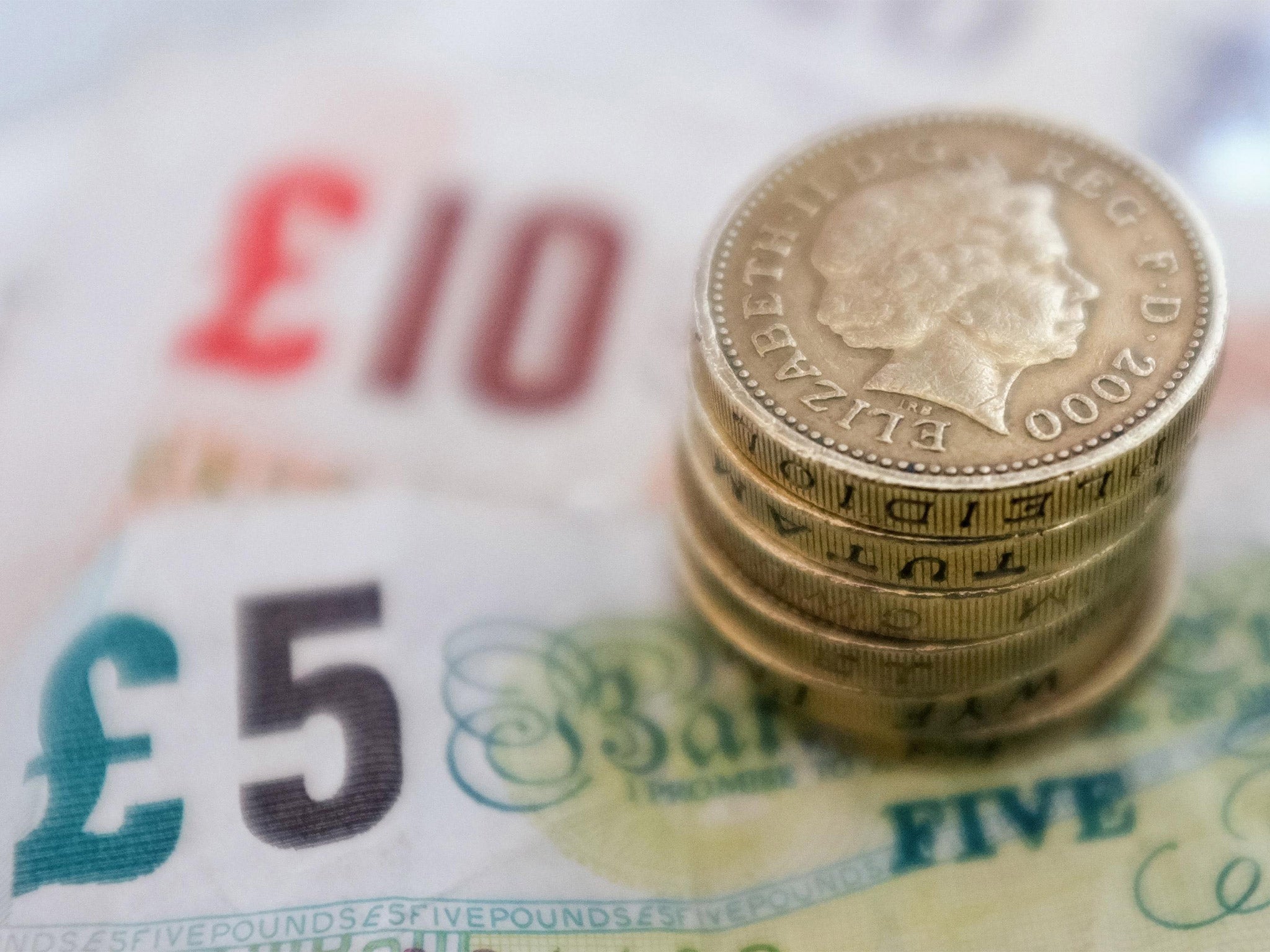Autumn Statement: Income tax changes ‘won’t help working poor’
The tax-free personal allowance will rise to £10,600 – but campaigners say it’s not enough

There was an income tax boost for workers, although pressure groups warn that it will do little for the hard-up.
The tax-free personal allowance – the amount you can earn before having to pay income tax – will climb to £10,600 from April 2015, £100 more than the Government had originally planned.
Further ahead – and with a massive nod to next May’s voters – the Chancellor reminded us of Tory plans to increase the allowance to £12,500.
But, for a change, the news will also be pleasing to higher-rate taxpayers as the 40 per cent tax threshold will rise in line with the £100 increase. It will leave the higher rate income tax threshold at £42,385.
Looking further ahead, the Chancellor said he would ensure the threshold reached £50,000 by the end of this decade, if re-elected.
But while increases in personal allowances are welcome, they do not mean the same to low-income working households, warned the Low Incomes Tax Reform Group.
Robin Williamson, group spokesman, said: “We have said many times that increasing personal allowances is good for those paying basic rate tax and claiming either no welfare payments or only tax credits, but they are less good for those on means-tested benefits and those with annual earnings less than the current personal allowance receive no benefit at all.
He added: “Increases in personal allowances may not be the most efficient mechanism to improve take-home pay and standards of living for everyone. Take those who receive, and on current Government plans, will soon start to receive, universal credit. Unlike the current tax credits system, universal credit is calculated on post-tax income.”
Julia Unwin, chief executive of the Joseph Rowntree Foundation, made a similar point. She said: “Raising the personal tax allowance is an expensive way of helping the working poor – most of the additional money will actually go to better-off families, while poorer families only keep a third of the tax cut.
Get a free fractional share worth up to £100.
Capital at risk.
Terms and conditions apply.
ADVERTISEMENT
Get a free fractional share worth up to £100.
Capital at risk.
Terms and conditions apply.
ADVERTISEMENT
“Raising the work allowance would have been a much more effective way of making work pay for those in poverty.”
Join our commenting forum
Join thought-provoking conversations, follow other Independent readers and see their replies
Comments
Bookmark popover
Removed from bookmarks